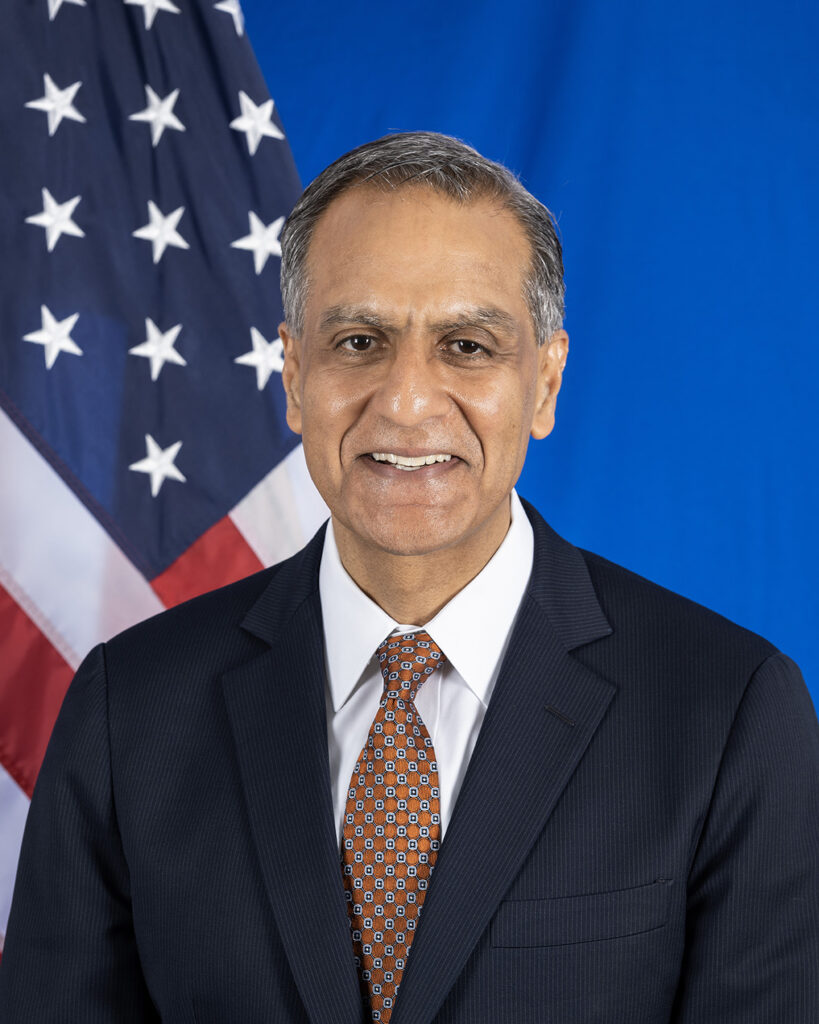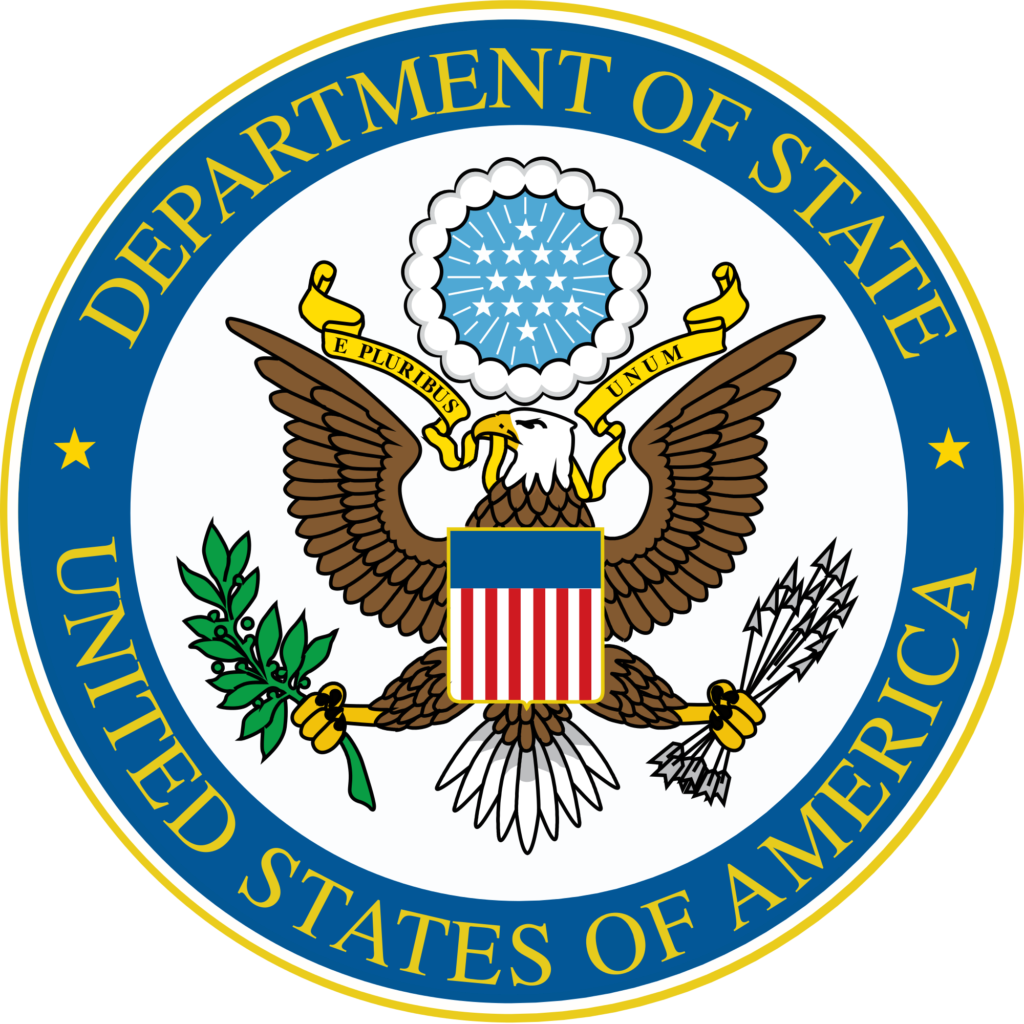


Responsible for directing, coordinating, and supervising State Department operations such as foreign assistance and civilian response programs.
Richard Verma is the Deputy Secretary of State for Management and Resources.
Verma previously served as the U.S. Ambassador to India and Assistant Secretary of State for Legislative Affairs during the Obama Administration. He was also the National Security Advisor to the Senate Majority Leader Harry Reid. He also has experience in the private sector, working at Mastercard as the Chief Legal Officer and Head of Global Public Policy.
Past statements on development, diplomacy, and U.S. global leadership:
On Democracy: “In times of conflict or calm, our instinct, as Americans, is to choose democracy; to tap into democracy’s track record as the system with the greatest capacity to advance peace, dignity, and inclusive growth; to see democracy as the surest course to a planet that is open, free, prosperous, and secure.” (source)
On U.S. global leadership: At the 12th annual Meridian Global Leadership Summit, Verma spoke about global conflicts and remarked: “Times like these remind us of the significance of essential pillars of America’s global leadership: Our partnerships matter. Our alliances matter. Our bonds built on common interests and ideals…ties of trade and commerce…connections of family and history – they matter in moments of acute crisis, and they matter in the daily work of diplomacy. Our relationships worldwide, how we deploy them for good, how we deepen and revitalize them – that is the heartbeat of U.S. foreign policy.” (source)
On economic diplomacy: “From Bangladesh to Bucharest and beyond, I’ve seen where the rubber meets the road for our assistance and aid – in places where, no matter what’s happening in the headlines, our economic diplomacy is crucial… where our economic diplomacy can empower citizens, combat corruption, and, yes, build critical ties between nations. And we’re reminded that our economic diplomacy must remain a cornerstone of our foreign policy.” (source)
On Development: “If we want our economic diplomacy to be truly effective, we need to modernize development to improve people’s lives in ways they can feel and see and touch. Often, that requires us to re-imagine how we partner with the nations of the so-called “Global South” to ensure American aid matches local realities…to deepen regional connections, reduce risks for private investors, bolster the rule of law and improve the quality of life.” (source)
On modernizing diplomacy: “I will also prioritize and advance Secretary Blinken’s agenda to modernize American diplomacy. I am encouraged to learn of the efforts already underway to enhance the Department’s capacity and expertise to address critical missions; to modernize training and professional development; institutionalize an agile and hybrid workforce; attract and retain talent; modernize technology and the use of data; and shift toward decisive leadership, innovation, and agility.” (source)